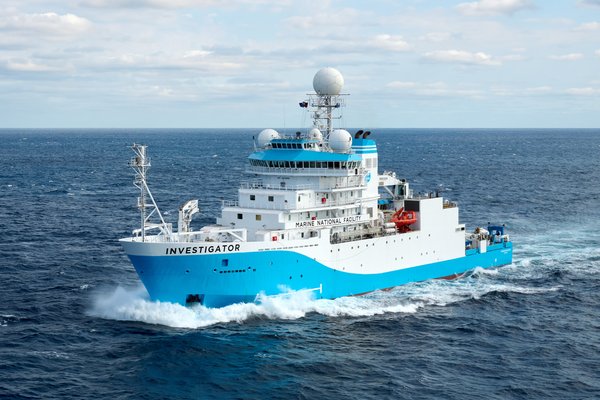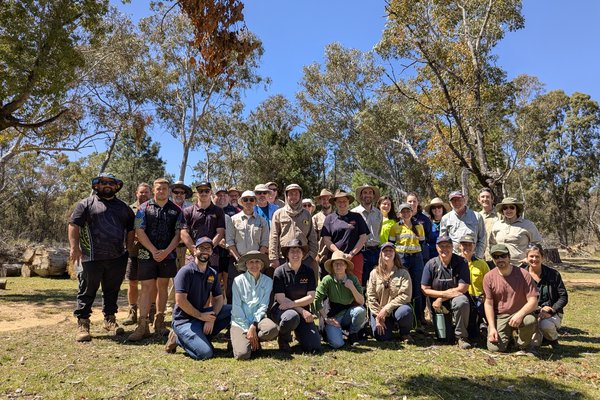WeDigBio – a four-day, worldwide transcription blitz
Here at the Australian Museum it is important for us to make our scientific objects accessible and available to researchers and the public. One way to do that is to make a digital version of them that can be shared on various biological websites.
Part of our digitisation process is to engage volunteers, who help us transcribe the data on our specimen labels and we do this through DigiVol. DigiVol is an online citizen science platform that volunteers around the world can join and help with this work.
In 2017, we combined with other similar online data platforms including Notes from Nature, Smithsonian Transcription Center, Les Herbonautres, and Symbiota for our third worldwide transcription blitz.
For this 4-day period we joined forces to coordinate an event of mass digitisation (WeDigBio - Worldwide Engagement for Digitizing Biocollections). We aimed to engage as many volunteers in transcribing as many natural history specimens as possible.
We involved both online and onsite citizen scientists. Many thousands of citizen scientists from more than 150 countries joined as virtual online participants. Twenty-one institutions around the world including the Australian Museum, Natural History Museum of Los Angeles County, Florida State University, Smithsonian’s National Museum of Natural History, the Field Museum and many others also held onsite events.
Altogether, online and onsite participants completed over 50,000 digitisation tasks making WeDigBio a huge success for 2017.
Due to its success last month, a journal article was published which presented the process of organising this huge international citizen science event, an analysis of the event’s effectiveness, and future directions – content now foundational to the growing WeDigBio event.
More Information
• Ellwood, E.R. et al. (2018) Worldwide Engagement for Digitizing Biocollections (WeDigBio): The Biocollections Community’s citizen-science space on the calendar. BioScience, 68(2) pp 112-124.













